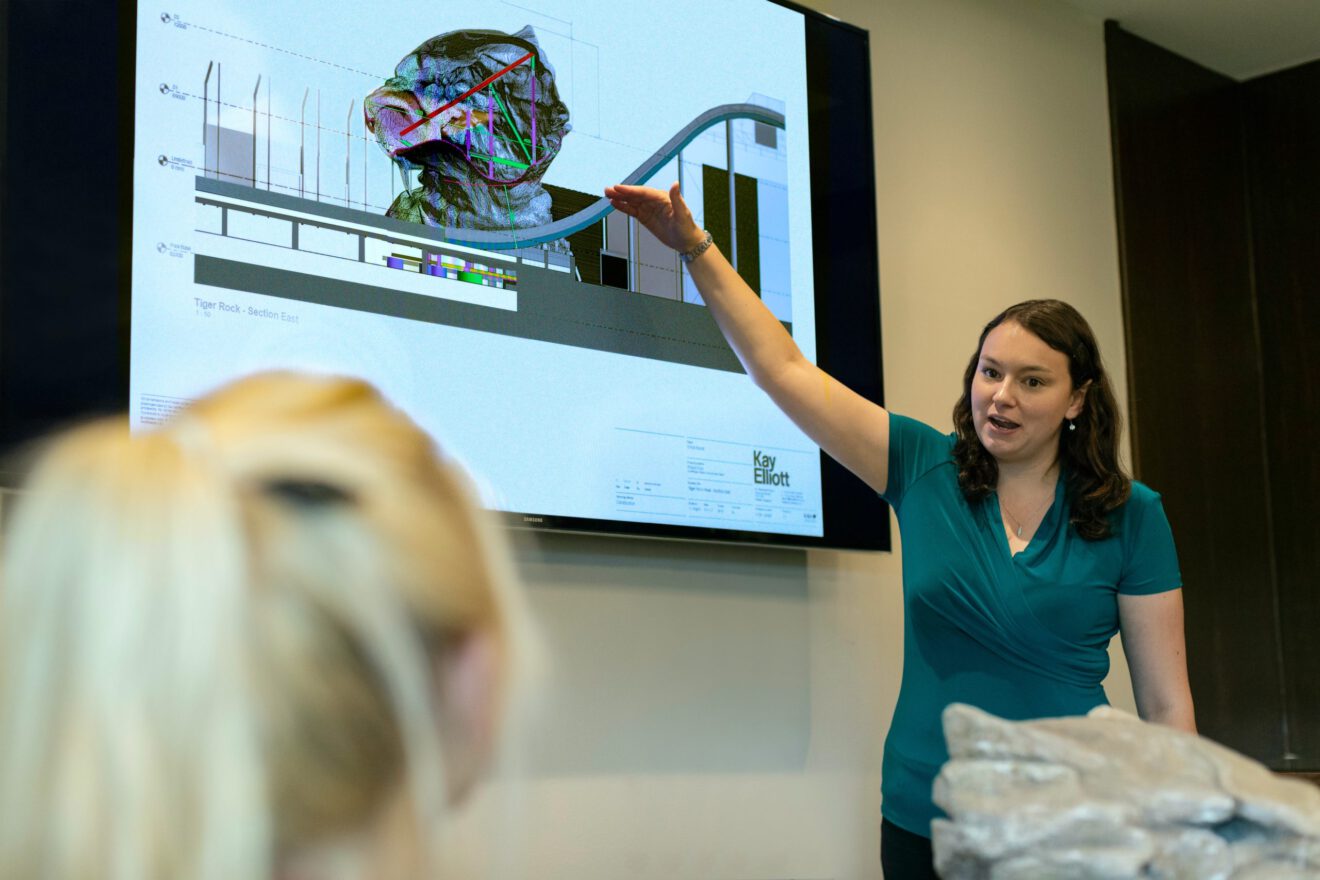Sign up for our daily edtech news briefing today, free.
As the end of 2021 approaches, it’s important to take the time to reflect on all that has happened this year. As CEO of PowerSchool, I’ve learned that thinking about the successes, challenges and broader takeaways we all have experienced each year is critical in how we as education technology leaders can grow and move forward.
While I am happy to see that students are returning to in-person learning, we also must acknowledge how the ongoing COVID-19 pandemic has continued to affect education. Whether it was contributing to the ongoing teacher shortage, informing leaders of the importance of social-emotional learning or highlighting the need for more unified technology infrastructure, 2021 yielded many moments worth reflecting upon before the year ends.
With the goal of helping other edtech professionals contemplate all that has transpired within the industry this year, here are my biggest lessons from 2021:
The importance of data in engaging students
Data-driven instruction and insights play a large part in creating successful and engaging student environments. Along with providing better connectivity for schools, the edtech sector’s growth over the last year is partly due to educators understanding individual student engagement and needs and their importance to providing tailored learning, intervention and support for every child.
Each student has their own interests, strengths and challenges, and, as a result, their own learning style. To accommodate this, educators want a unified experience and insights to allow a holistic view across all the interactions and learning experiences for the student. Educators need a whole-child view of their students: engagement in and outside the classroom in academics, sports and other extracurricular activities. This real-time view provides detailed understanding of each student’s personalized learning needs. This support is critical to reach students and meet them where they are, which can be especially helpful in accelerating learning gains for years to come.
Leveraging data has been beneficial no matter where teaching and learning has taken place, and it has created stronger student and teacher engagements, and provided both academic and SEL support.
Providing continuous professional learning support
Teacher burnout is real, and exasperation has hit a new level: Experts now predict a shortfall of 200,000 teachers by 2025. As a result, it’s crucial for the education sector to continue working on ways to support teachers going into the new year.
One way to do this is by providing more professional learning opportunities for educators, specifically when it comes to edtech support in everyday practice. In 2021, the school districts that saw strong student and teacher engagement were ones where professional development resources were widely available for educators in easy-to-use formats. By providing more access to these types of educational tools, school administrators can allow teachers to successfully integrate modern technology into their teaching to better address any former challenges or current changes in the classroom.
School-tech communication is vital
Communication between educators and technology partners is essential to ensure a successful digital transformation process.
Education had been left behind in the era of digital transformation — an omission magnified by the COVID-19 pandemic. Despite this, 2021 proved to be monumental for edtech advancements. From federal funding efforts to additional focus from district leaders, industrywide digital transformation has accelerated.
However, even though edtech momentum has provided more available technology, many of these tools have continued to be disparate and have caused more of a headache than a relief.
To mend this, technology partners and educators must communicate clearly and consistently when it comes to successfully integrating education technology. The successful digital transformation in some school districts over the last year have stemmed from strong relationships with their technology partners — partners who listen to their needs and feedback and embark on the innovation journey together.
While we look toward 2022, education leaders’ reflection on 2021’s lessons prepare us to take on next year’s challenges, better support educators and students, and continue to move education forward.
Hardeep Gulati is an innovative leader and executive with more than two decades of experience leading software businesses. As the CEO of PowerSchool, he has helped the company introduce award-winning, unified education technology solutions. Connect with Gulati on LinkedIn.
________________________________
If you liked this article, sign up for SmartBrief’s free email newsletter on EdTech. It’s among SmartBrief’s more than 250 industry-focused newsletters.
More from SmartBrief Education:
